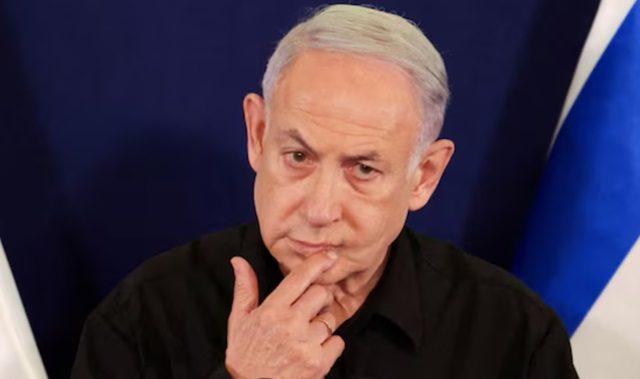BTN News: But the White House retaliated neither quietly nor calmly, instead canceling an important high-level meeting between US and Israeli security officials slated for Thursday in Washington DC. The move follows a controversial video released by Israeli Prime Minister Benjamin Netanyahu charging that the Biden administration was refusing to send arms to Israel.
In his video, broadcast on Tuesday, Netanyahu claimed that the US, with which Israel is at war alongside a mutual commitment to fighting common foes led by Iran, had held up important weapons shipments. The statement drew incredulous reactions from top Washington officials, who were left fuming and scratching their heads. White House Press Secretary Karine Jean-Pierre said those claims were unfounded, noting that just a single shipment had been delayed for 18 to 24 hours, out of “many billions of dollars” in military aid shipments that continued uninterrupted.
Biden administration officials were very upset about the video released from Prime Minister Netanyahu, calling it a breach of diplomatic protocol, and asserting that it was divisive. The US ambassador to Amman, Amos Hochstein, conveyed Washington’s displeasure to Netanyahu directly after the video’s release, report said, which laid the ground for the scotching of the security talks.
Tensions between allies have now reached new heights with the sudden cancellation. Organized consultations on Iran that were to include senior State Department, Pentagon and US intelligence officials with their Israeli counterparts have also been canceled. That was not the first incident of diplomatic friction between the United States and Israel: in March, Netanyahu pulled out at the last minute from a meeting with Obama after the administration withheld a US veto on a United Nations Security Council resolution over Gaza.
As the fallout unfurls further, the consequences of this schism are far from certain. The two countries are among the U.S.’ most important allies in the turbulent region, and share the American interest of countering regional competitors. The move to scrap the top-level talks highlights how the tenuous diplomatic relationship between Washington and Moscow underpinning other security cooperation efforts can easily collapse.
For the moment, the focus shifts to what this means for U.S.-Israeli relations going forward, particularly on how the two will navigate regional security challenges including Iran’s nuclear plans and regional stability. The episode is also a stark reminder of the intricate challenges that come with navigating alliances that are impeded by conflicting national interests and personal publicity.
So far, the Biden response is flexible but firm, keeping open channels to Iran for future diplomacy but withholding the economic rewards that Iranian hard-liners say they expected from JCPOA, and sending a message to Tehran that if they enter such a violation course, the before-mentioned friendly executive orders will stop in their tracks. The repercussions of Netanyahu’s video and the aftermath that is now unfolding will likely influence Israel’s relation with both these nations as they each regroup to re-examine their diplomatic strategy over the next few months.
The development, meanwhile, is bound to pose new challenges for the sustainment of strategic partnerships in an age marked by pervasive geopolitical spasm, changing global equations. Meanwhile, this diplomatic spat between the two countries has created a buzz if not an anticipation amongst the stakeholders, as to what this would culminate into, how would this further affect the functioning of US broader foreign policy objectives.


